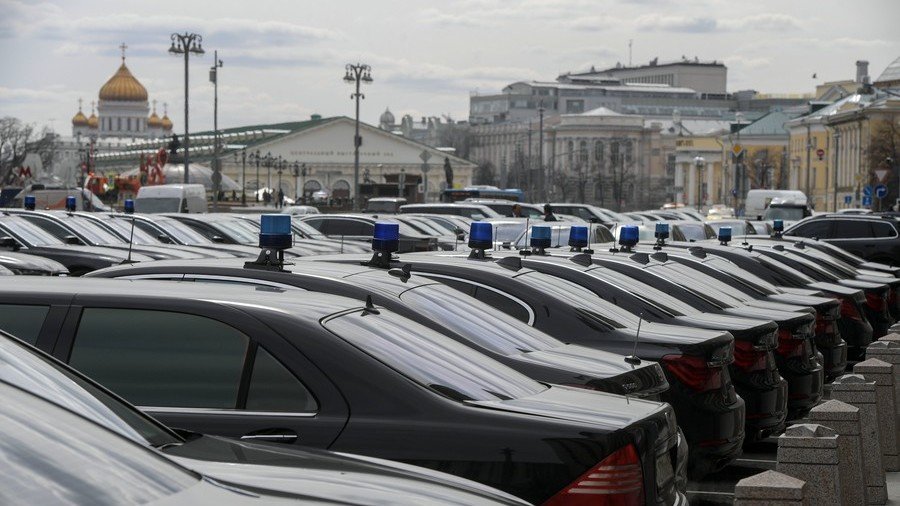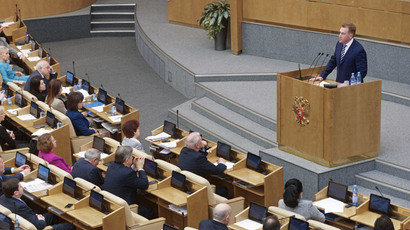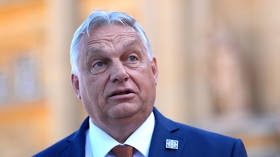Russian MPs draft bill ordering 10-fold decrease of own salaries

Lawmakers from leftist opposition party Fair Russia have proposed setting salaries of State Duma deputies level with the national average, which in practice would mean a decrease from 350,000 to about 35,000 rubles per month.
The draft was prepared by the leader of the party Sergey Mironov and MP Oleg Nilov. In a note attached to the bill they wrote that fixing the salaries of federal lawmakers on the level of nationwide average would stimulate them to work on boosting the country’s economy and increasing the incomes of ordinary citizens.
If the bill is passed into law the maximum salary of a State Duma deputy will be set at about 35,000 rubles or about $565 at current rate. Presently the annual income of an ordinary MP amounts to about 4.5 million rubles and chairpersons of lower house committees get between 5 and 5.5 million rubles per year. This makes the average monthly salary of a lower house MP about 350,000 rubles or $5,645.
The bill has already been criticized by the Russian government. Experts noted that the law forbids federal lawmakers from combining their work with any other position, including private businesses (exceptions are made for income made through teaching or artistic work, such as acting) and the relatively high salaries allow senators and MPs to fully concentrate on their work.
The head of the populist nationalist party LDPR, Vladimir Zhirinovsky, also criticized the bill saying that it violates the procedure of setting lawmakers’ salaries. “The State Duma deputies’ salaries are set by the government and it makes it equal to those of federal ministers. Of course we cannot force the government into paying the deputies 30,000 rubles per month,” he said. He added that those who see their personal income as too high could donate their salaries to charity.
In March 2015, President Vladimir Putin slashed the wages of senior Russian officials, including himself and members of his administration, explaining the move was the result of economic crisis. Shortly before that, Putin ordered a one-year freeze on civil servants’ pay in various state offices. The order automatically led to equal cuts in salary for members of parliament. In October 2017, Putin extended the duration of this decree until the end of 2018.















